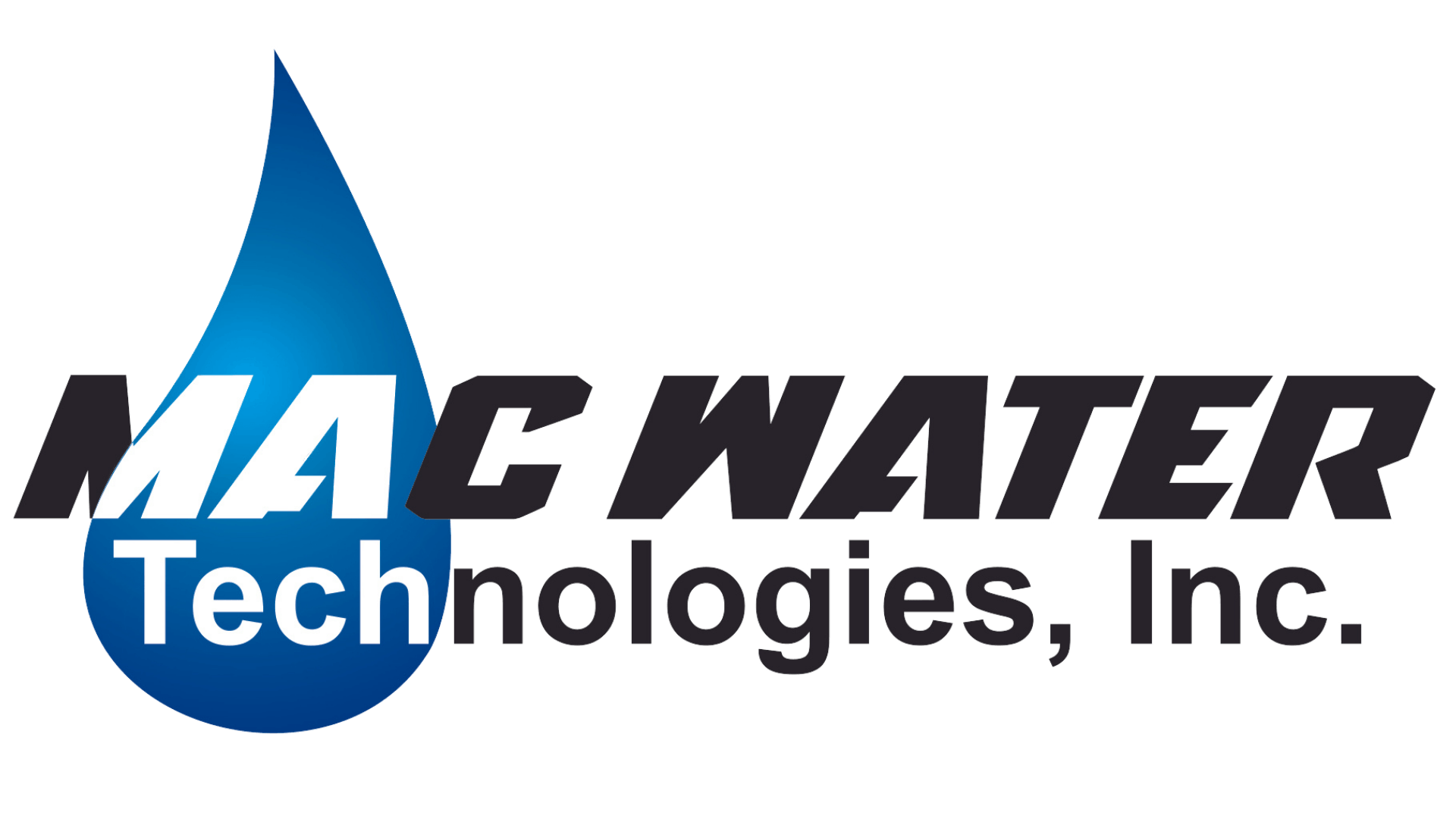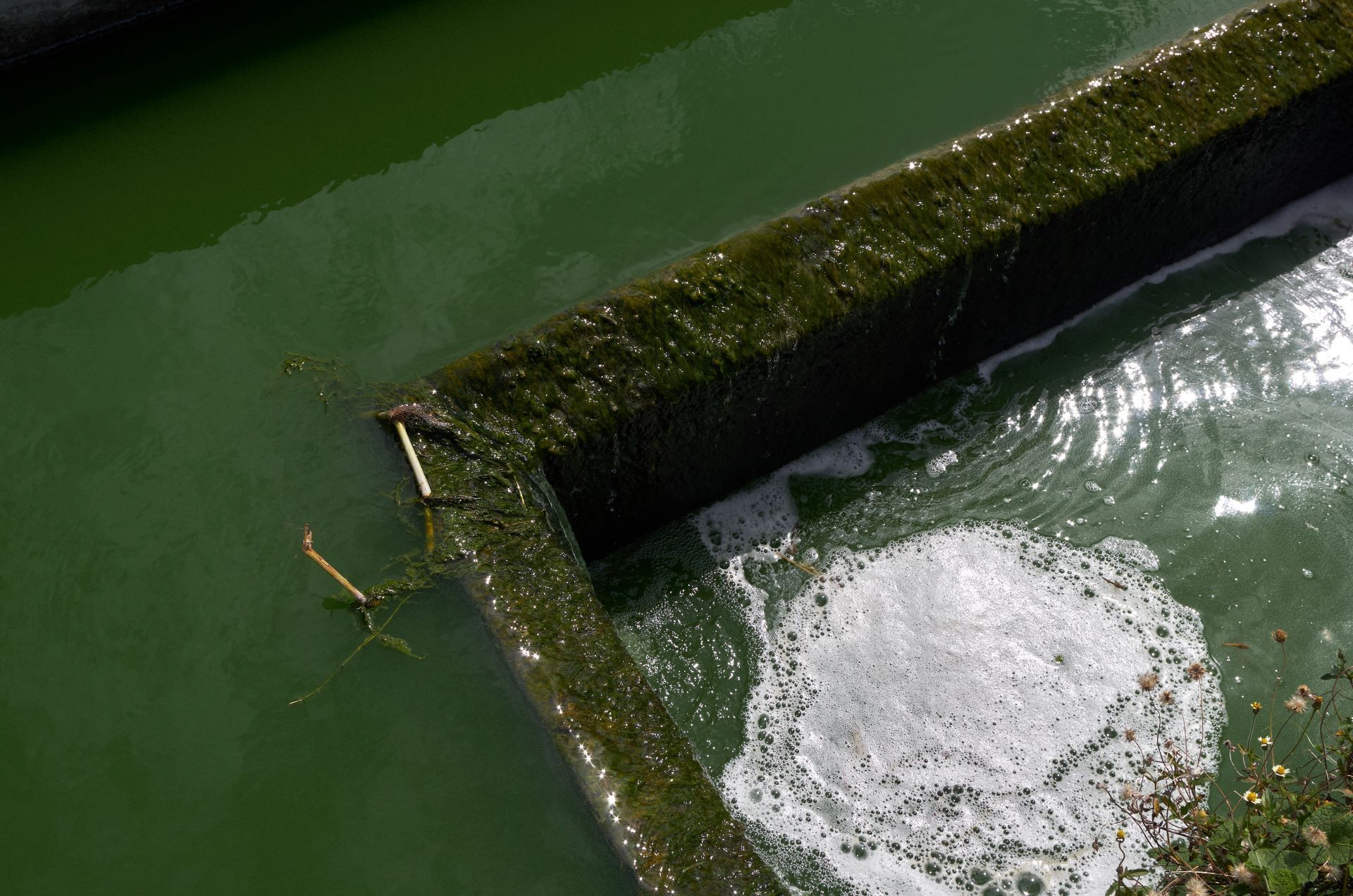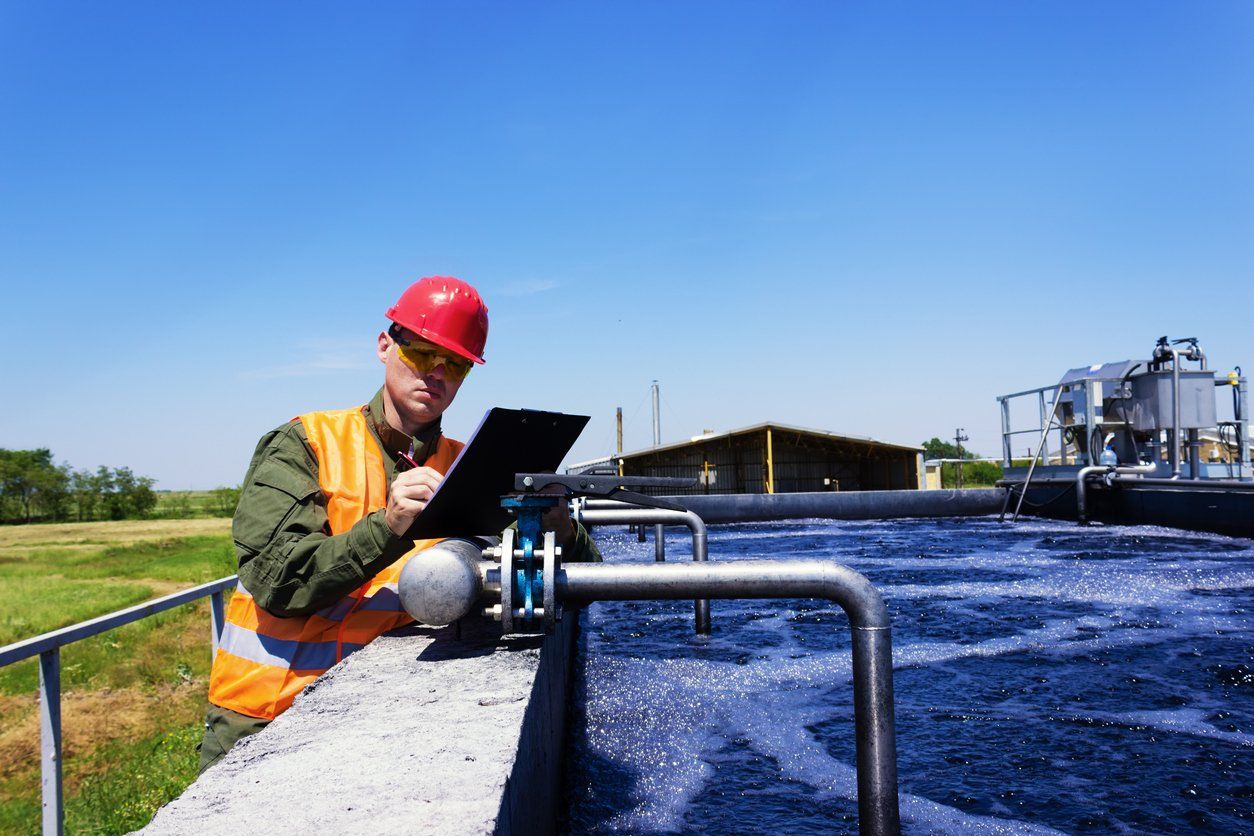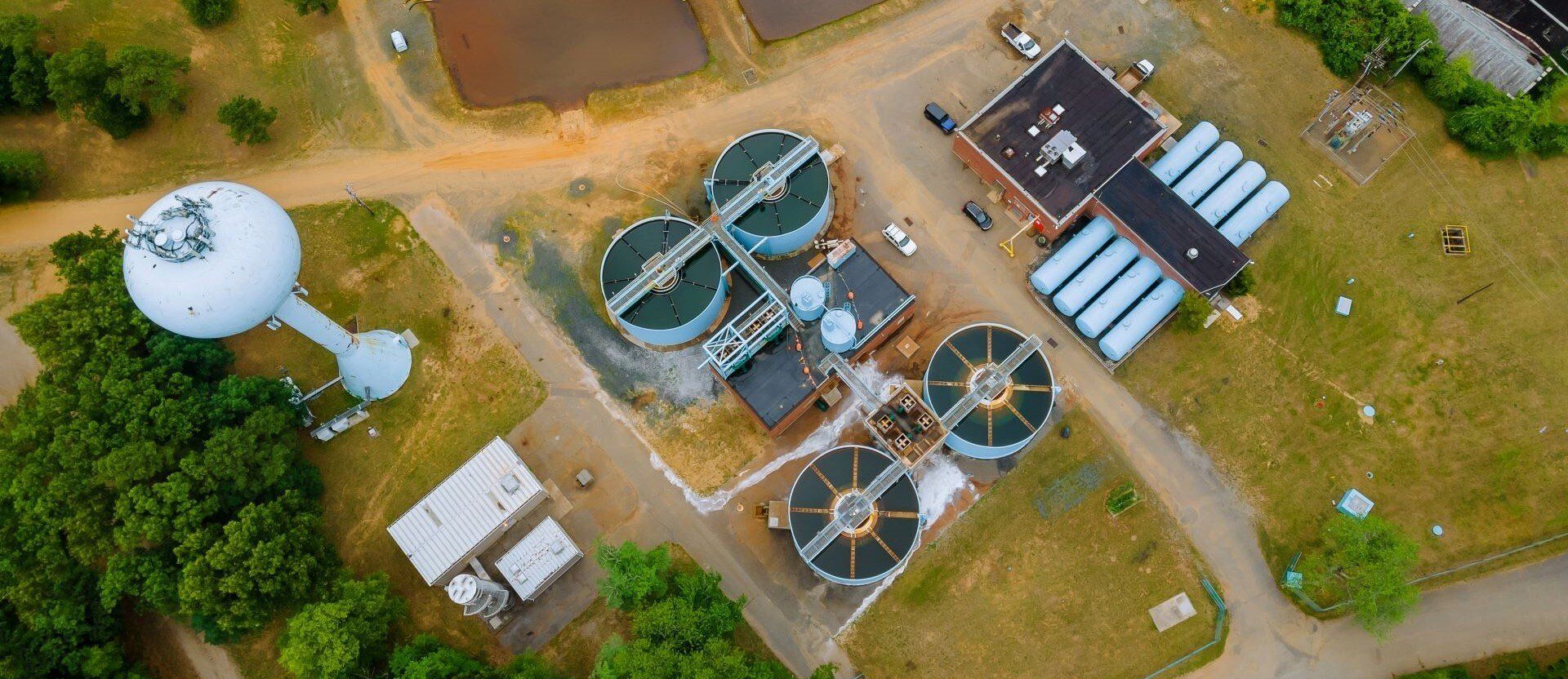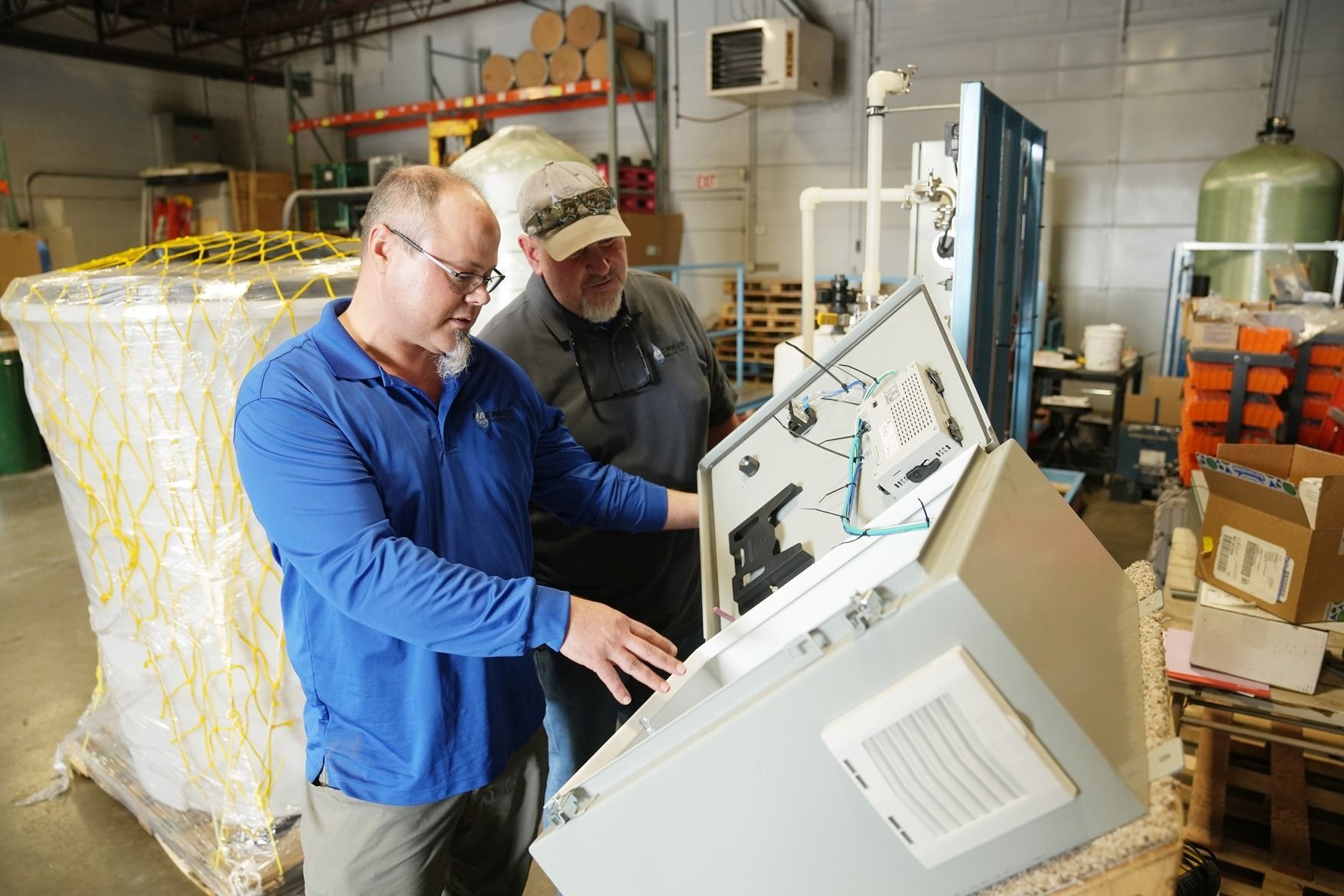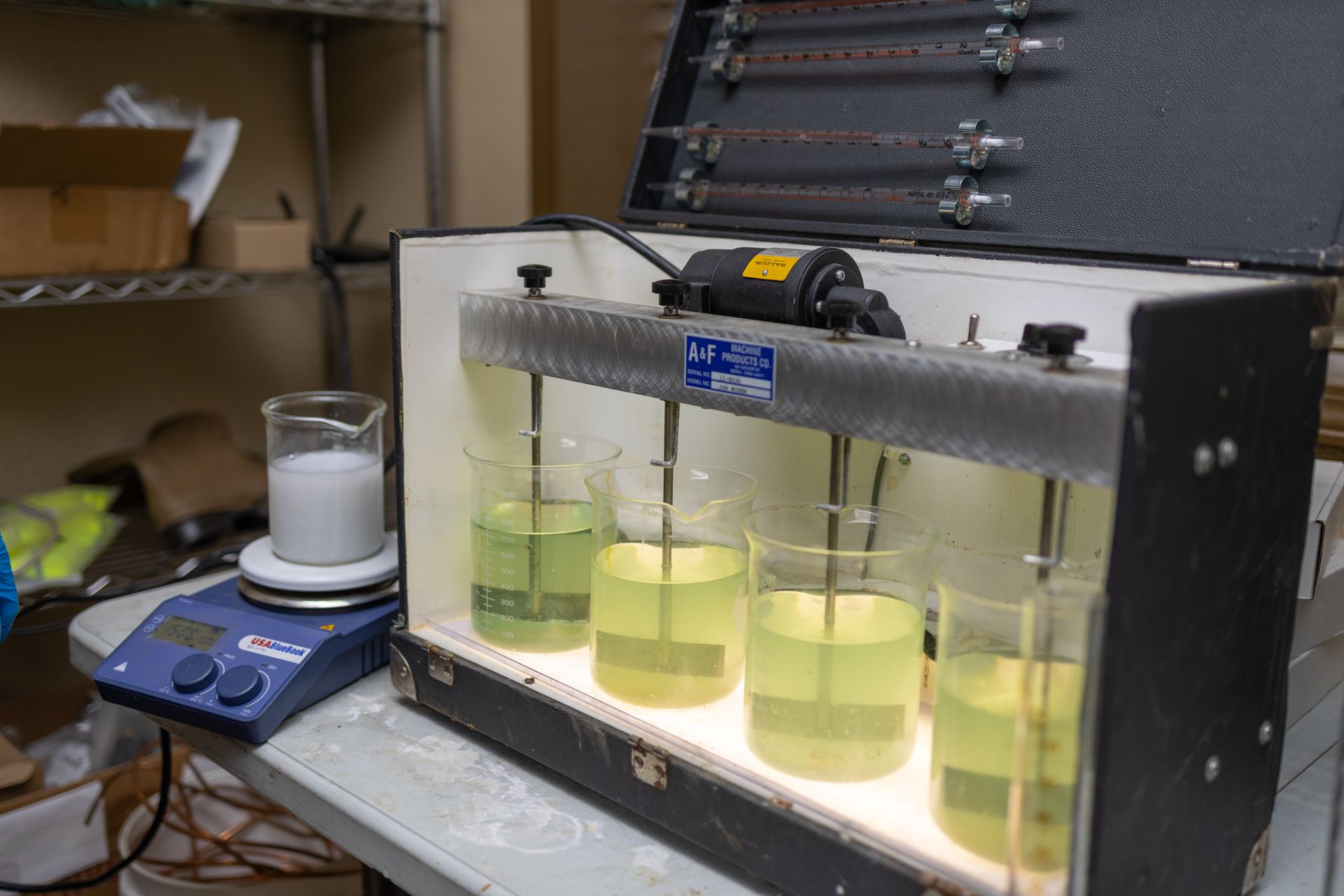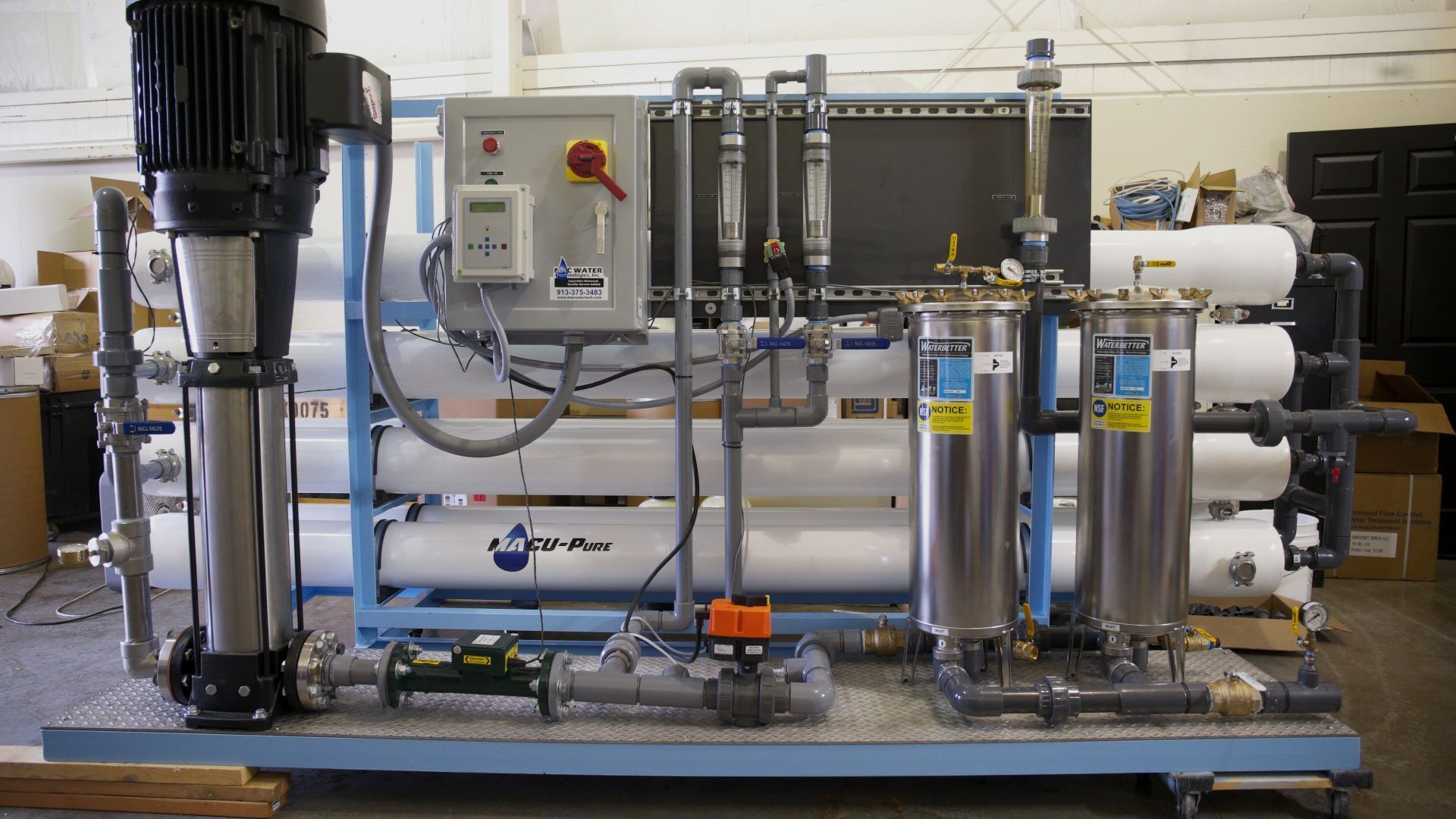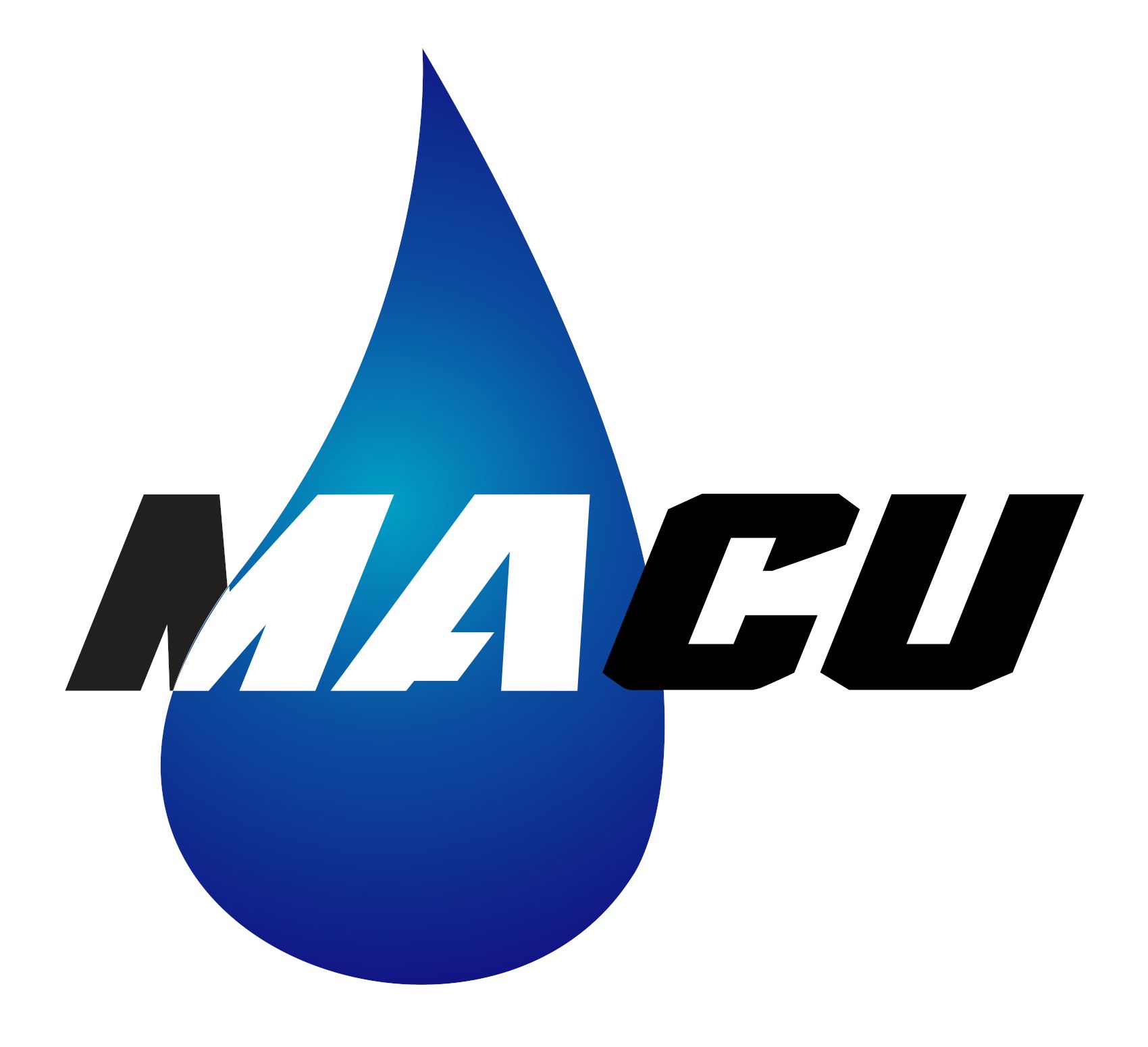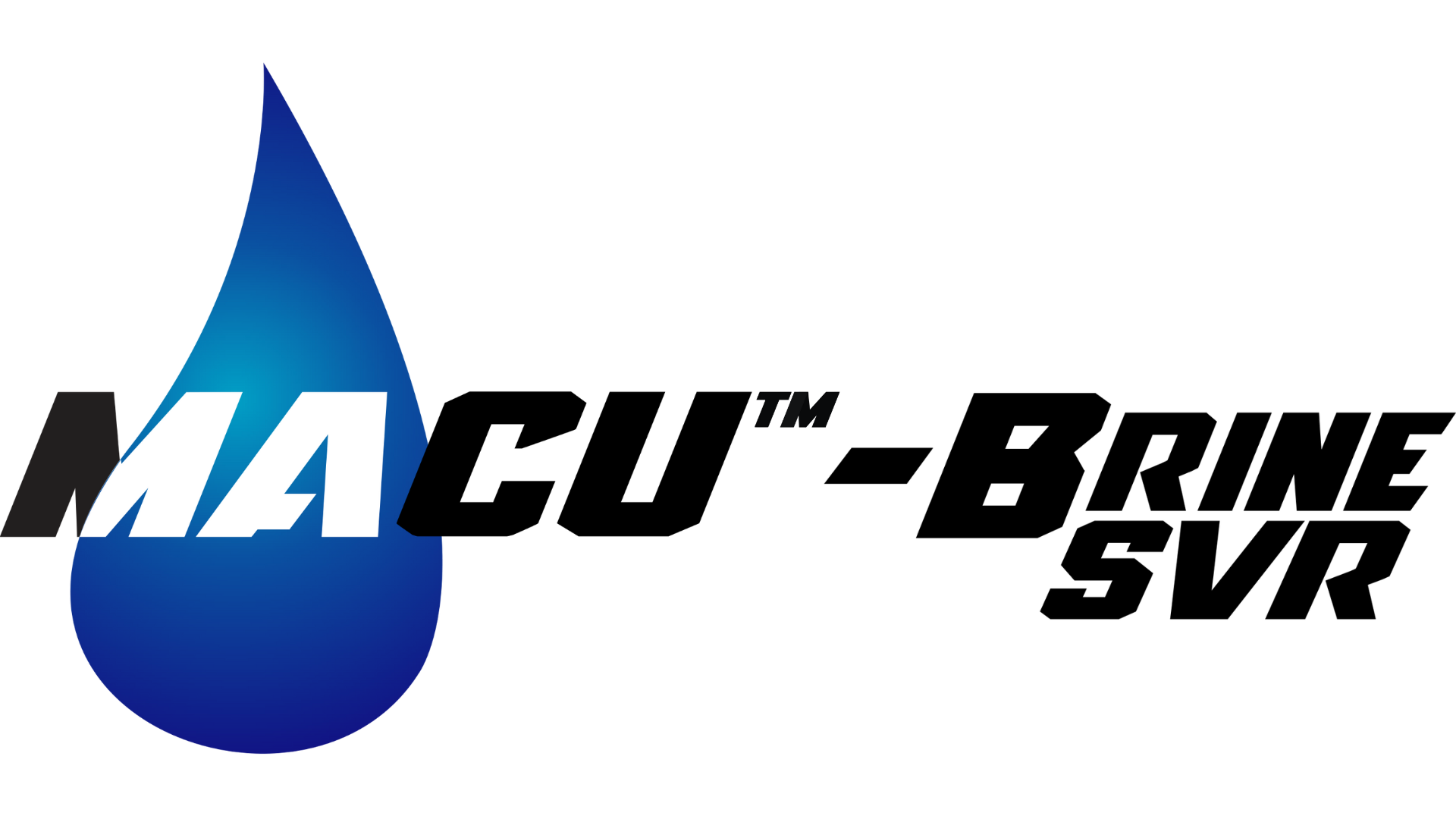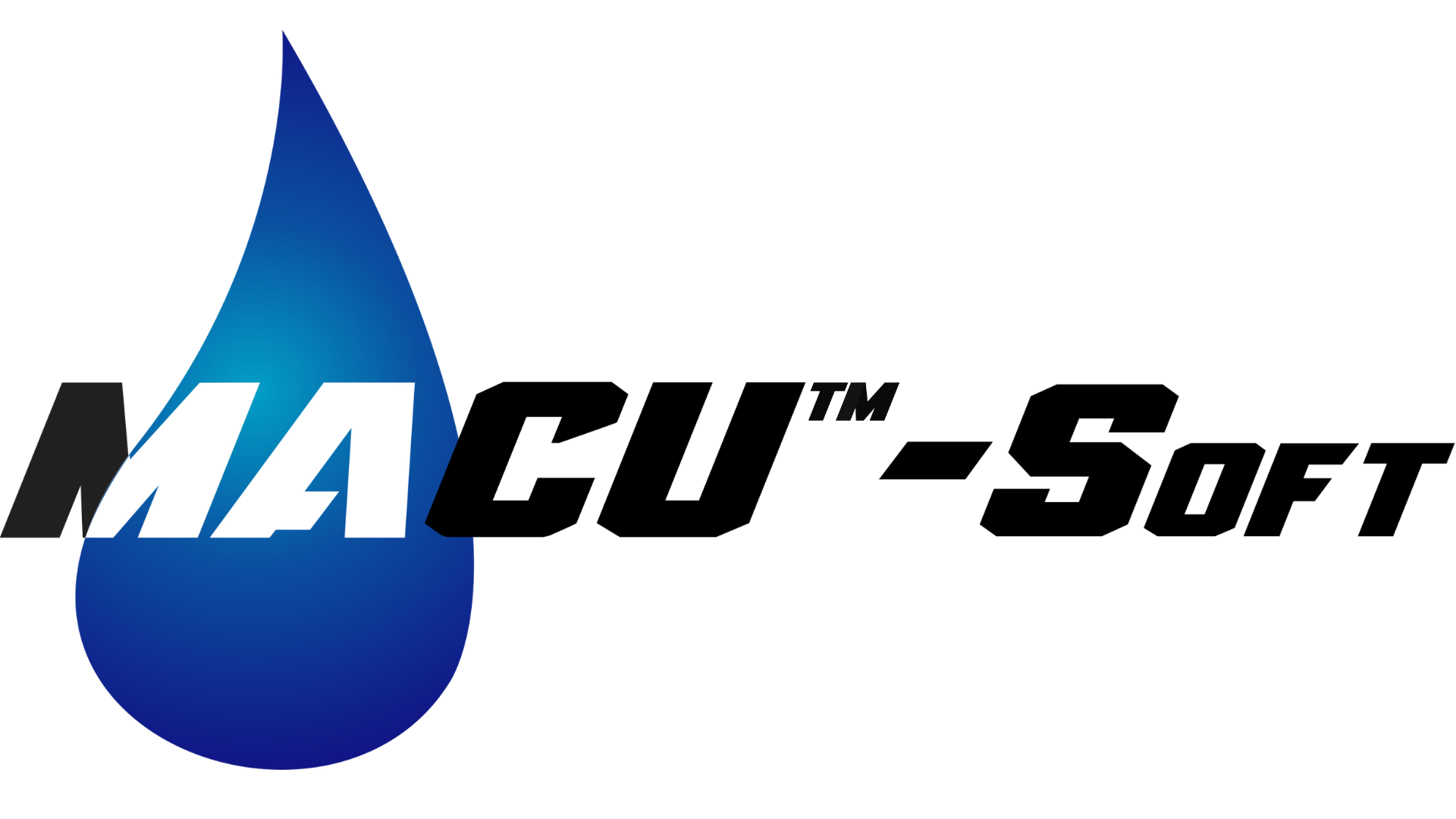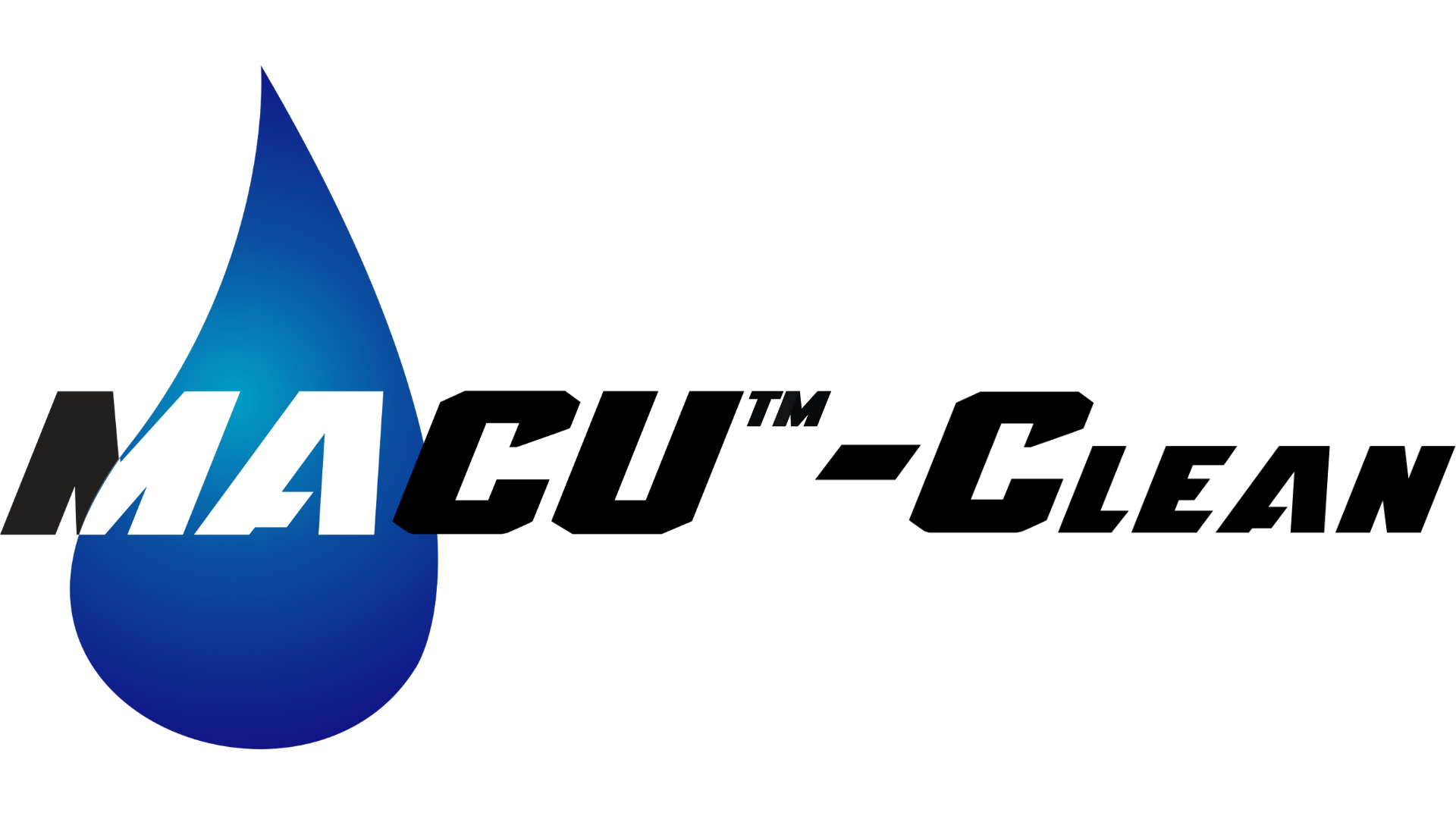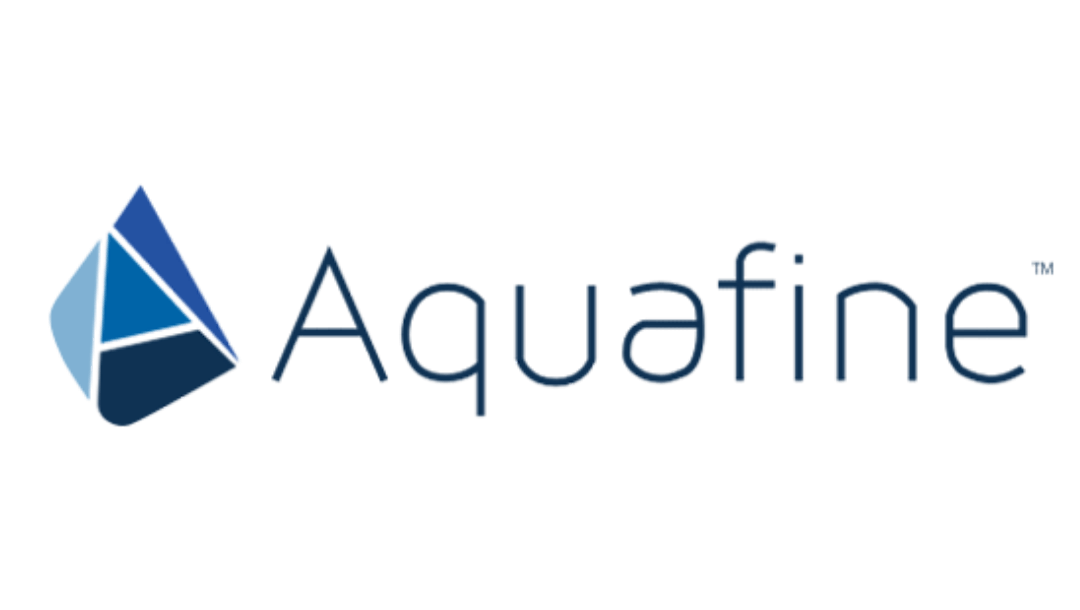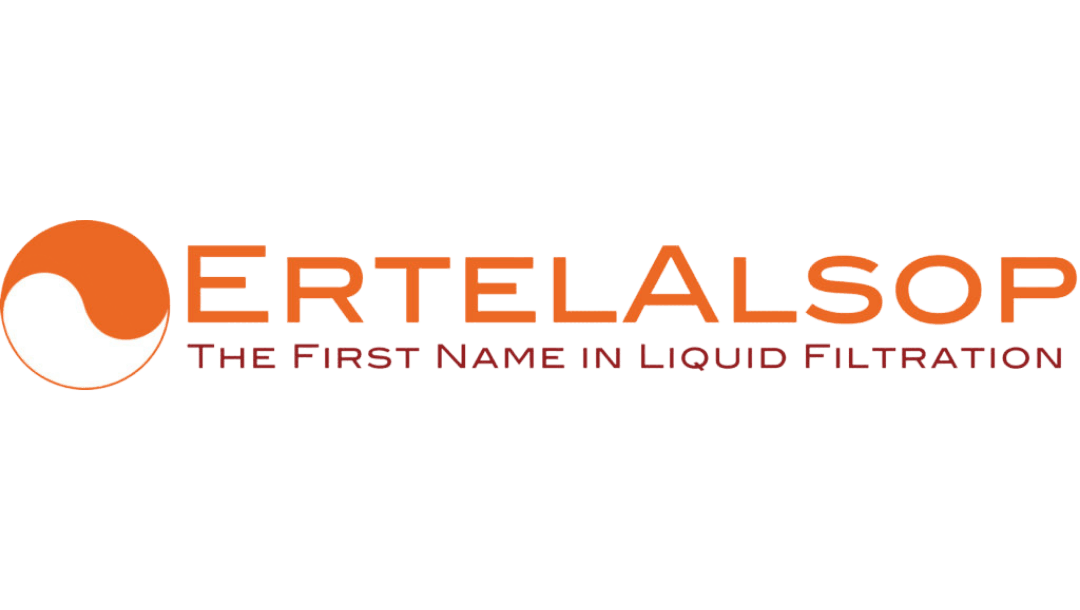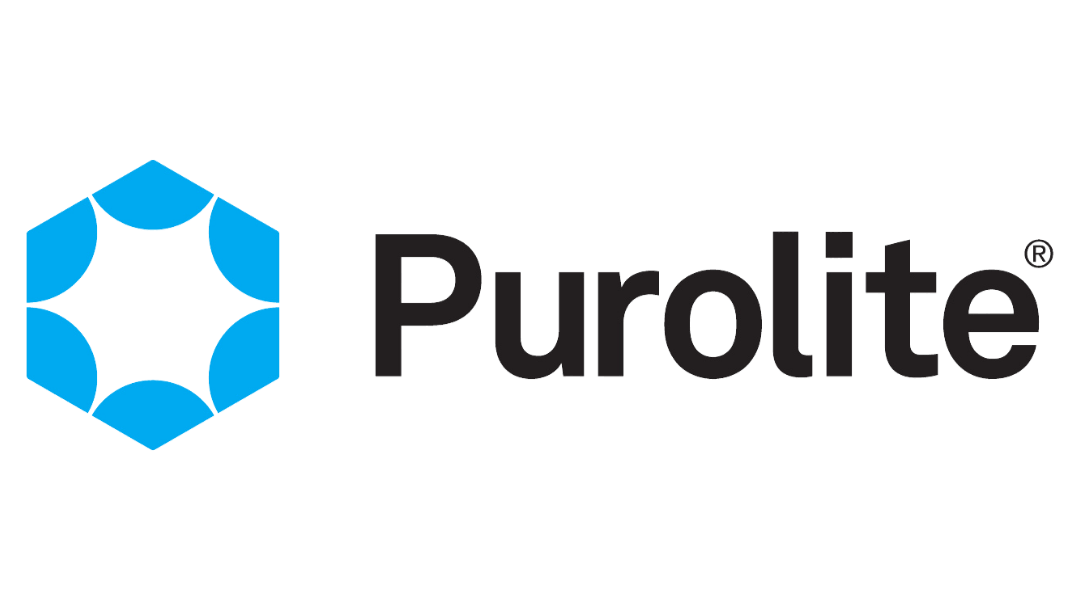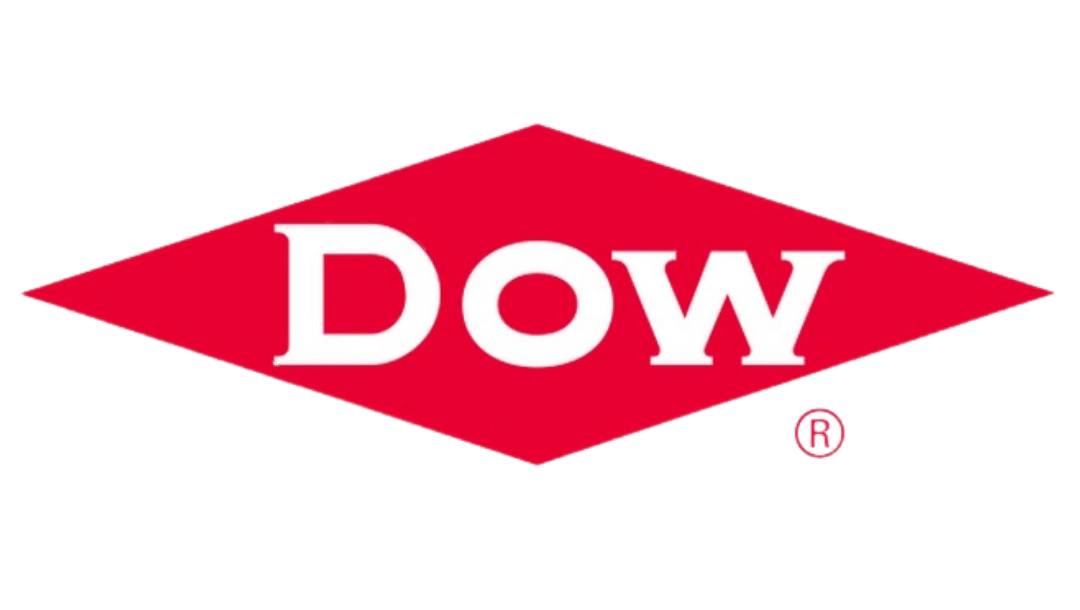What Are The Differences Between a Normal Filter And Reverse Osmosis?
There are many different types of filters, so it is hard to provide a complete answer. However, the main difference between normal filters and reverse osmosis is that normal filters use physical material to clean the water while reverse osmosis uses chemical reactions to clean the water.
What Is Included In A Standard Water Filter?
To start off, a normal water filter usually has activated carbon (or charcoal), which is used to remove odors and tastes. Activated carbon is made of coal, bone char, or coconut shells that are heated until they develop lots of internal spaces or pores. Then chemicals like resins or zeolites are added to the activated charcoal to increase its surface area even more. These particles will physically trap impurities as the water passes through them.
Finally, micro membranes can be attached at the end to catch very small contaminants like bacteria and lead contamination. Other types of filters might use UV light instead of filtration for example distillation.
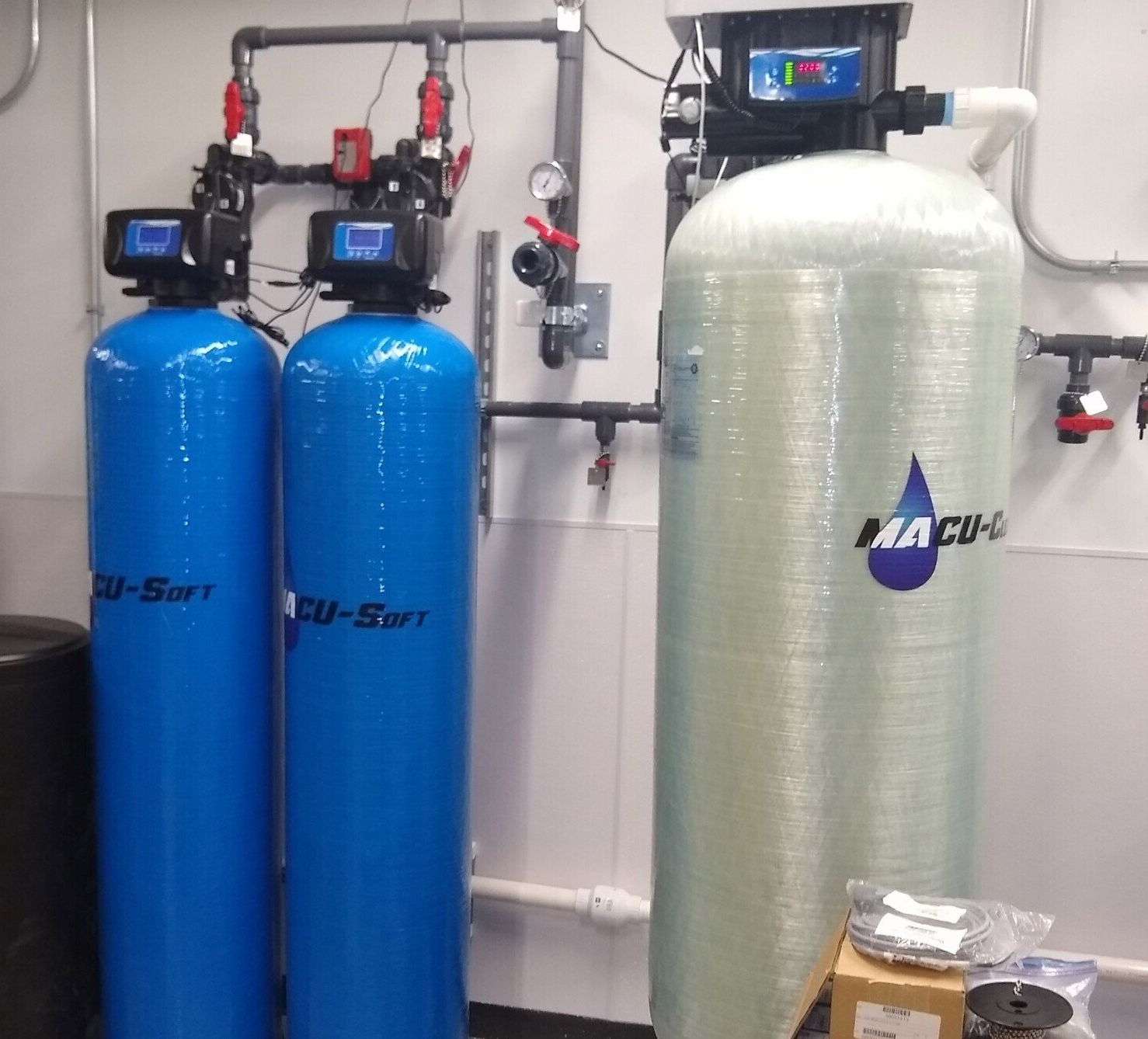
What Are the Advantages of Reverse Osmosis?
Reverse Osmosis has several distinct advantages over traditional sieving methods. Some of these include: greater efficiency at removing impurities due to more contact area with membrane surface, takes up less space on your countertop or sink compared to separate faucets for filtered water and unfiltered water, and produced water is free from odors and chlorine tastes/smells.
Reverse Osmosis has been shown to be an effective purification method in the laboratory, but it does have its drawbacks. The membranes used in Reverse Osmosis tend to clog over time, and that requires a great deal of maintenance. In addition, the typical Reverse Osmosis membrane filters out beneficial minerals such as calcium and magnesium, so you will need to add those back into your tap water after treatment with a home mineral station or a separate filtration system.
What Are the Disadvantages of Reverse Osmosis?
Reverse osmosis is a cost-effective method of water purification, but it has several disadvantages. The system is only suitable for treating small amounts of water and must be used with other purification systems such as activated carbon treatment to ensure complete removal of contaminants. As such, RO systems are usually quite large and require significant storage capacity. This can be prohibitively expensive in places that need high volumes of purified water such as hospitals or remote communities. Reverse Osmosis is also relatively slow and requires more time than conventional filters (15 minutes per liter versus 5 minutes per liter).
Why Do We Need Filtered Water?
Filtered water is what we most commonly call "clean" or "fresh" water. Although it may seem that any kind of water is clean enough to drink, this isn't actually the case. Water can pick up a lot of unwanted things on its way to our homes and offices: chemicals like chlorine and fluoride (which help keep it clean), metals like copper and lead (which come from old plumbing systems), bacteria (both good and bad) and more. So we want some filtered water in our lives – but not too much – because too much bottled water will waste precious resources.
Of course, even though it's called filtered or fresh "water", all kinds of other things are found dissolved in it as well, including minerals like calcium and magnesium (which give us energy, among other things), small amounts of salt (to help our cells function) and more.
Having the right amount of these dissolved solids is usually not a problem – it's when they get too high or low that we start to worry. Why? Because some minerals are helpful, while others can be toxic (poisonous). The best example here is the mineral called sodium: One good thing about it is that it helps our nerves send signals, but too much sodium makes us feel bloated and sick.
Professionals At MAC Water
Mac Water Technologies has invested time and energy in creating solutions for clients all over the world. Any project, large or small, our experts can handle it efficiently and within budget. Not only does MAC Water source OEM parts exclusively for your own needs but they also have some of their very own in house products that change the game in water treatment. Contact MAC Water today for a proper solution for your water!
